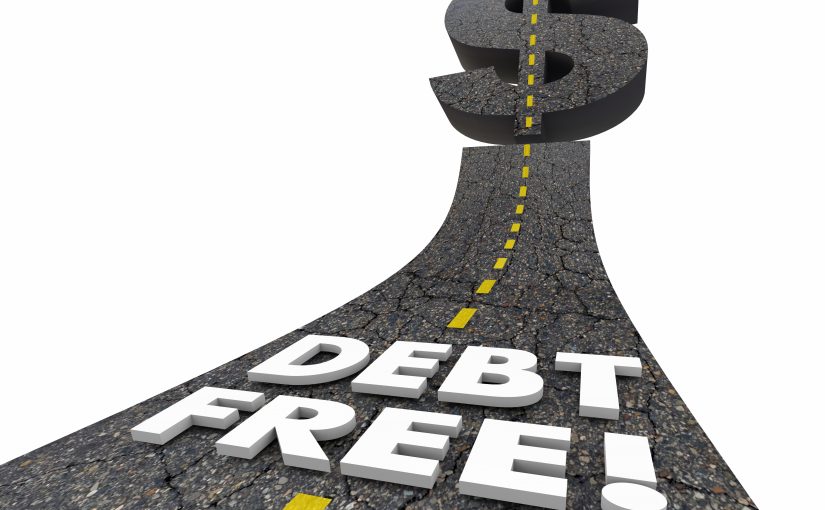The First 5 Steps Toward Financial Wellness

The hardest part to getting your finances in order is knowing those first steps you should take towards improving them. It’s easy to feel overwhelmed and opt for ignoring your financial troubles, hoping that they will disappear. However, the longer you wait to understand and straighten out your finances, the worse it is going to get.
The good news is, it’s never too early or too late to start. If you’re missing payments, behind on priority debts, or even if you just want to find some order when it comes to finances, here are the first five steps that will lead you towards financial wellness:
-
Take a Financial Check-Up – Create a budget chart either in Excel or use one of the many free spreadsheets available online. Record all of your earnings for the month and weigh that against all of your expenses.
It’s important to record all of your expenses, including bills, services, rent/mortgage, but even the smallest things. If you’re paying $6/week at the laundromat, include it. It could be worth your while to take a week and keep all of your receipts (coffee, gas, parking, etc).
You’ll be amazed at how everything adds up. It might take some time, but the small nuances now will mean better financial health down the road.
-
Know What You Owe/Know Your Interest – If you’re going to climb out of debt, you need to understand your debt from top to bottom. You would be amazed how many people don’t actually know the total amount they are in debt.
Compile all of your credit cards, car loans, bank loans, mortgage, student debt and any other debt you have into one total. Now that you have that number, figure out how much of your monthly bill payments are interest. Highlight which items have the highest interest rate (credit cards are typically the highest).
Having a firm grasp on your debt and interest payments will allow you to plan with urgency, and help you break down your goals.
-
Set S.M.A.R.T. Goals – Telling yourself you want to be debt free, or you want to save more money won’t cut it. If you want to see results and set a plan that you’re going to stick to, first you need to set goals that are Simple, Measurable, Achievable, Realistic, and Timely (S.M.A.R.T.)
Think “I want to pay off $8,000 in credit card debt within 18 months”. This allows you to keep track and note progress. Setting realistic expectations of yourself will also stop you from kicking yourself over the things you don’t have and allow you to put more positive energy towards future goals.
-
Make Your Plan – Now that you understand what’s coming in, what’s going out, where it’s going and the results you want from yourself, it’s time to create a strategic plan on how to reach your goals.
Like your goals, your plan should be realistic and achievable. Where can you make changes? Start with the small things like cooking at home instead of dining out, making coffee at home instead of buying coffee every day, or cancelling a magazine subscription. Then you can plan to look into some bigger changes such as researching cheaper insurance, going on a lighter cable package, or downsizing to one car vs. two.
Start small, but think big. Every dollar you can save by making a change to your routine is a dollar gone from your debt or added to your savings.
-
Consider Your Resources – Have you realized that you’re paying out more each month than you’re taking in? Have you discovered that you’re paying multiple high interest payments per month and not moving forward in eliminating your balances?
Seeking help from a professional to better understand your options could uncover solutions you didn’t know were available. Rita Anderson and Associates offers free initial consultations, and has the experience and the creative know-how that can put you on the right track.
Getting your finances in order and climbing out of debt doesn’t have to be a struggle. Facing the issue is a giant leap towards improving your financial wellbeing and sometimes the biggest investment we can make is understanding our situation and committing to a plan that will change it.
